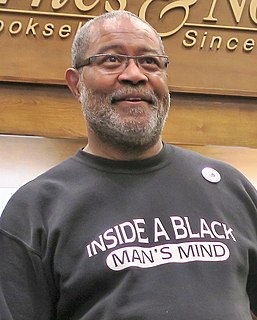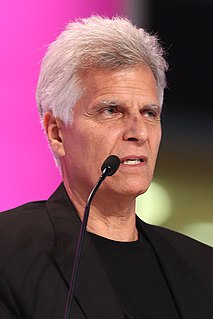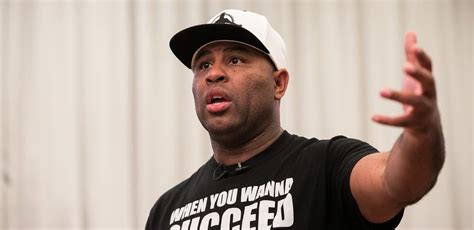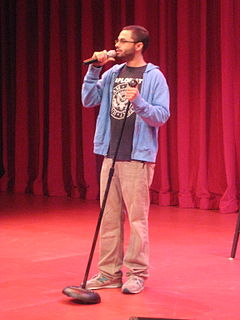A Quote by Chris Rock
I was bused to a school in Gerritsen Beach in Brooklyn in 1972. I was one of the first black kids in the history of the school.
Related Quotes
But, once again, when I said I'm so grateful for my mom just being adamant about me staying in public school - that is what allowed me to be exposed to so many different types of people. I went to a high school that was by the beach. I elected to do bussing my junior high school years. And my first year of high school, I would take the bus from my neighborhood to the beach schools. And at those schools, you had such a mix of so many types of kids.
When I think back, I felt like I had the life that a lot of white American kids grew up with in the suburbs in the States. I started noticing, as Apartheid's grip weakened, that we had more and more black kids at school; I had more and more black friends. But I never really saw a separation between myself and the black kids at school.
I'm a big believer that there's more power in numbers and the more you can expand the stories that are relevant to both communities, the better. For example, a school that's terrible for black kids is terrible for brown kids. We have to figure out ways to navigate the school systems and make sure that we're investing in a public education system that's beneficial for all kids.
Before I went to Escuela Caribe, my parents showed me the school's brochures featuring smiling kids at the beach or on horseback. The propaganda was greatly appealing to a kid from rural Indiana who hated her high school anyway. I also got reassurances that I could return if I didn't like it. But shortly after the gates closed behind me, I learned I'd been deceived; the beach was far away and I couldn't return home until I'd completed the program.
I have to throw in on a personal note that I didn't like history when I was in high school. I didn't study history when I was in college, none at all, and only started to do graduate study when my children were going to graduate school. What first intrigued me was this desire to understand my family and put it in the context of American history. That makes history so appealing and so central to what I am trying to do.
The public schools in our neighborhood were so bad that the teachers in the school said you shouldn't send your kids here. My mother called around and found a school that was willing to give both me and my brother scholarship money. It's a classic story about black parents wanting more for their kids than they had for themselves.
I don't know if you've been in any inner-city schools, but it's pretty demoralizing. The kids come to class bright-eyed, enthusiastic - entering first grade really looking forward to school. By the fourth grade they're just completely turned off, and by the time they enter high school, they see little relationship between school and employment. It's bad enough you have incompetent teachers and schools that are poorly run, understaffed, and lack material resources. It's even worse when the kids themselves don't feel they have any stake in school.


































